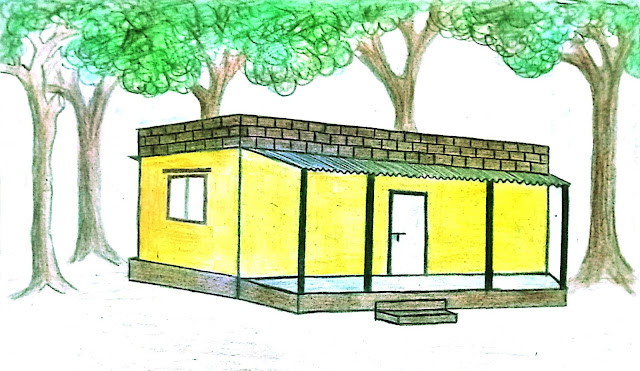Govt negligence accelerates Sunderbans’ degradation
Daily NewAge | 2015-11-30
Tapos Kanti Das
Tapos Kanti Das
---------------------------------
The government’s negligence is accelerating environmental degradation in the Sunderbans, said experts. As a result, they said that the unique biodiversity of the world’s largest continuous mangrove forest was under threat. They squarely blamed the government decision of allowing commercial
vessel movement along the rivers passing through the Sunderbans for the
degradation of the world heritage site.
They said three major accidents in last one year endangered the mangrove forest by spilling oil and chemical fertilizers and dropping cargo boat load of coal. They said that several factories and other establishments were polluting the forest. Salinity intrusion facilitated by India’s withdrawal of the Ganges waters from the upstream also posed threats to less salt tolerant species of the Sunderbans, said Dilip Dutta, who teaches environmental science at Khulna University.
A joint report of the United Nations and a government Mission on last year’s oil spills was a serious wake up call to stop vessel movements through the Sunderbans. Commercial vessels, mechanized fishing and tourist boats drop pollutants and cause noise pollution in the mangrove forest, Sunderbans Watch Group member secretary Hasan Mehedi told New Age. No tigers can be seen at Kotka known as a tiger spot only five year ago, he said. Citing a report of the department of environment, he said that 149 factories and establishments located at environmentally critical areas also posed threats to the Sunderbans.
Unauthorised tree felling by dishonest traders by greasing palms of forest personnel is also endangering the mangrove forest, said golpata collector Arshad Sarder from Koira. He said fishermen often trespass into the protected sanctuaries in search of more fish. He said that golpata collectors often harvest more than their permits allow to please traders employing them which endanger the golpata palms.
The Sunderbans west divisional forest officer Jahir Uddin, said that that they had already written to the ministry concerned to issue a directive for stooping cutting of Golpata. ‘We have already managed to stop cutting of trees in the mangrove forest and continued our drives against the poachers,’ he added. A recent survey using camera trapping found a sharp decline in tiger population in the Bangladesh part of the Sunderbans due poaching and allowing vessel movements.
A coal-fired power plant under implementation in Bangladesh would bisect the Sunderbans tiger population said YV Jhala, professor of the Wildlife Institute of India and chief adviser of the camera trapped tiger count. At least 52 tigers were killed by poachers, angry villagers or natural disasters in last 16 years, said Forest Department’s Wildlife Management and Nature Conservation official in Khulna Md Jahidul Kabir.
Forest Departments probes following recovery of three tiger hides from Khulna in August found that the adult big cats were poisoned by poachers. Khulna University forestry and wood technology professor AK Fazlul Huq, an acknowledged expert on the Sunderbans, blamed uncontrolled human intervention and excessive extractions of forests resources for the degradation of the forest and its environment. Besides, he said, there was none to check tourist movement and stay within the Sunderbans for which its ecology was under threat.
He called for the introduction of nature friendly integrated tourist and forest management. He called for banning commercial vessel movement through the Sunerbans and keeping the Mongla-Ghosiakhali channel fit for round the year movement of all sorts of vessels. He also said that the use of Passure channel should be strictly regulated banning vessel movement at night and by imposing controls on speed and anchoring.
Bangladesh Inland Water Transport Authority chief engineer Md Abdul Matin told New Age that it could not be said right now when Mongla-Ghasiakhali channel would be opened for all types of vessels as the channel had been facing continuous siltation.


